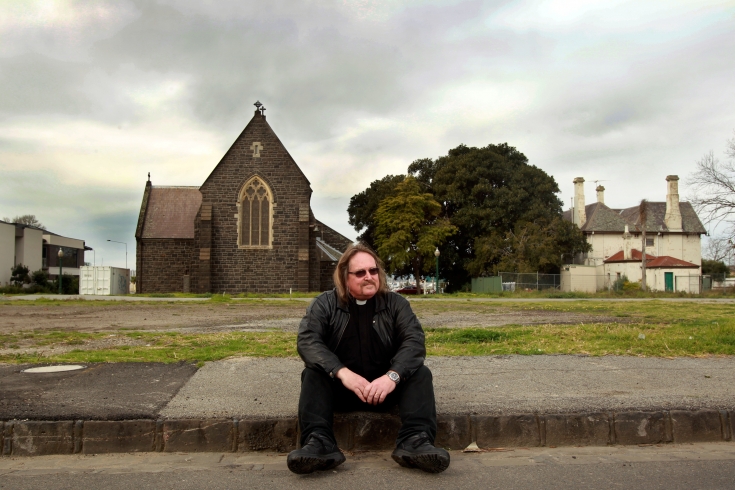CHURCHES will be among properties charged a state government fire services levy, to be collected in their council rates, for the first time in July.
The levy, recommended by the Victorian Bushfires Royal Commission, is a fixed charge of $100 for residential properties or $200 for other types, plus a variable rate calculated on a property’s capital improved value.
The Catholic Archdiocese of Melbourne, representing more than 200 churches, lobbied unsuccessfully against the levy.
In its submission, released under freedom of information, the archdioscese stated that “it is inequitable if beneficiaries of the services are not contributing either because they under-insure or fail to insure their property”. Its submission states that it is difficult to place a market value on a church. “If the fire services levy is to be based on an ad valorem rate on properties, not-for-profit property owners such as the archdiocese should be given access to a low-cost avenue to appeal against the valuation.”
Reverend Bill Beagley, of Williamstown’s Holy Trinity Anglican church, is in the unique position of knowing what his church’s land may be worth.
In late 2011, for the first time in 157 years, the church cleaved off a 2410-square-metre site as an 11-lot townhouse subdivision. The sale netted about $5 million, about $1 million less than expected.
Mr Beagley is “in two minds” about the levy. “If there were a fire, we’d expect the fire brigade to come rolling out like anyone else,” he said. “But there’s the thing about not being able to put a market value on a church. A church in a position like ours is in an extremely valuable position. It’s been here for 157 years. But you can’t really value it as just the value of the building itself; the value lies in an inherent value to the person or the community.”
Unlike the previous system, the levy will be charged regardless of whether properties are insured.
Hobsons Bay’s Cr Peter Hemphill said: “Unfortunately, we’ve been lumped with collecting [the levy] on behalf of the state.
“It doesn’t make any difference to our budget but . . . we have no control over that.”








